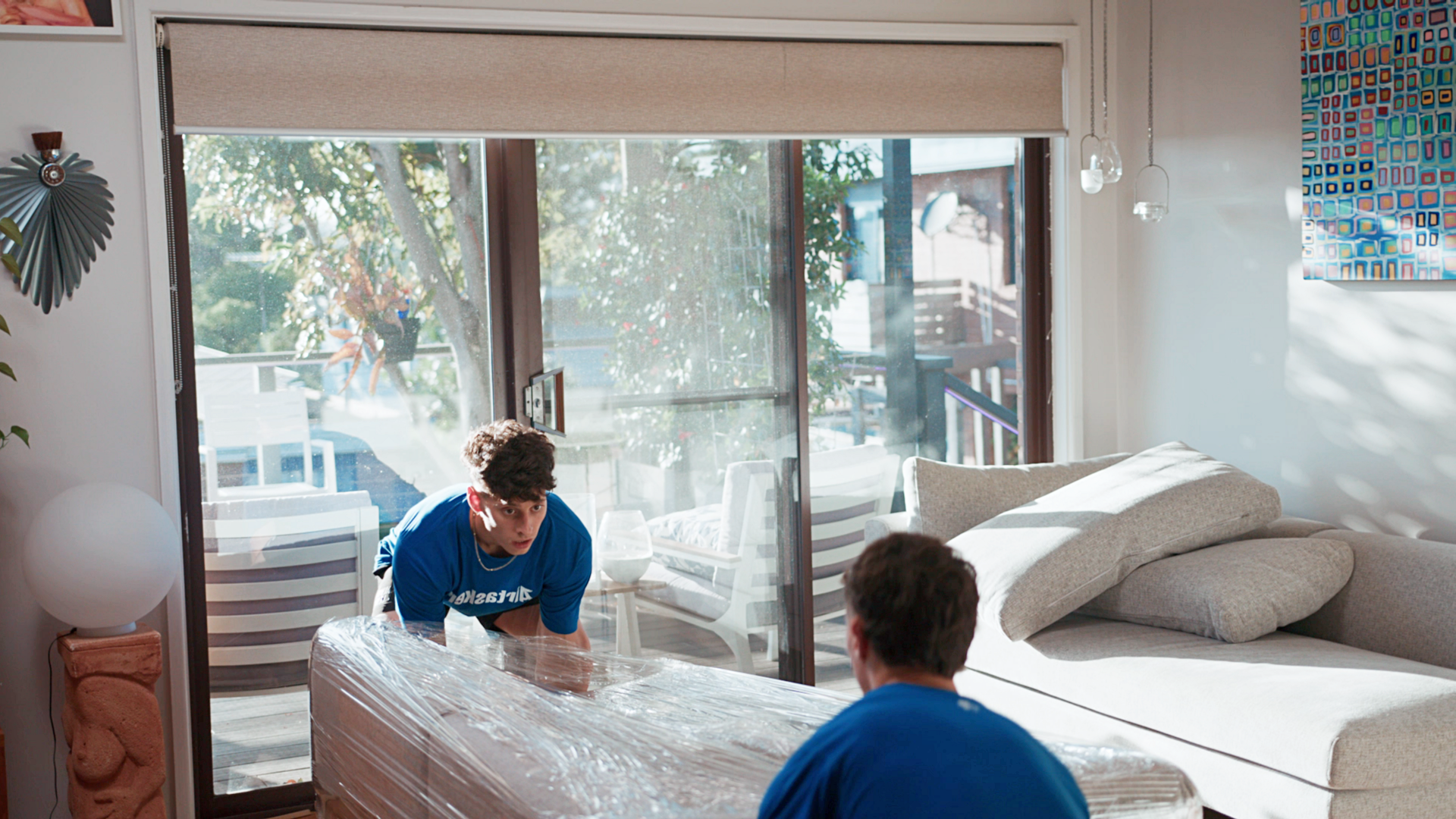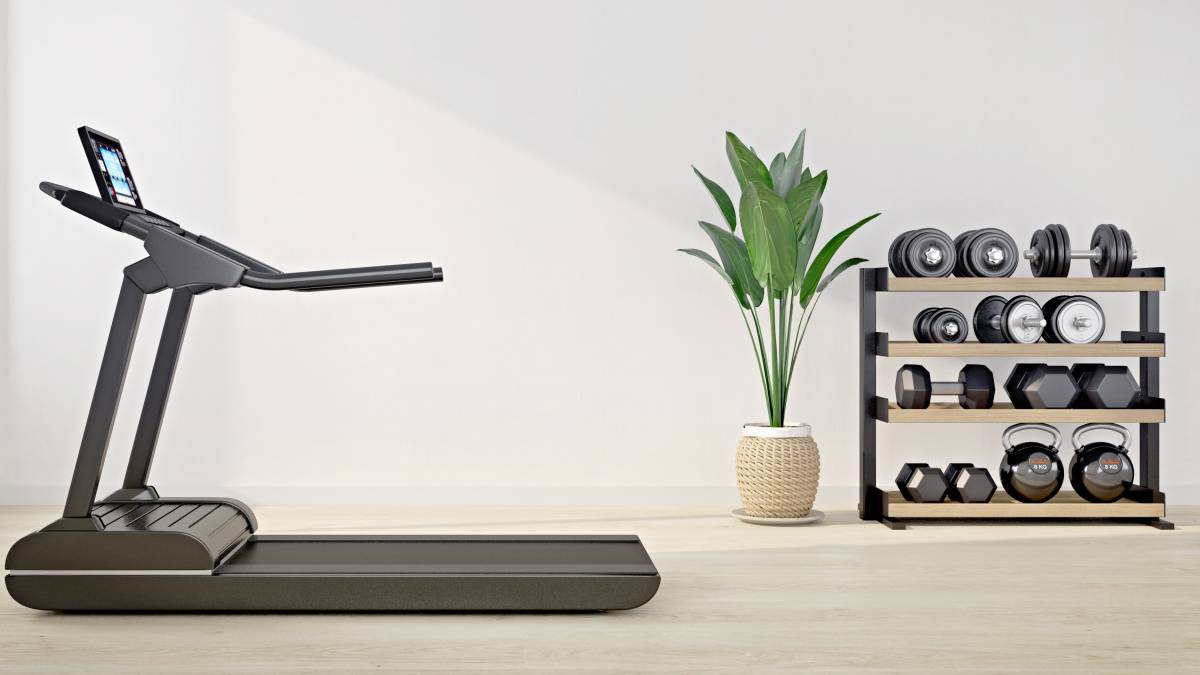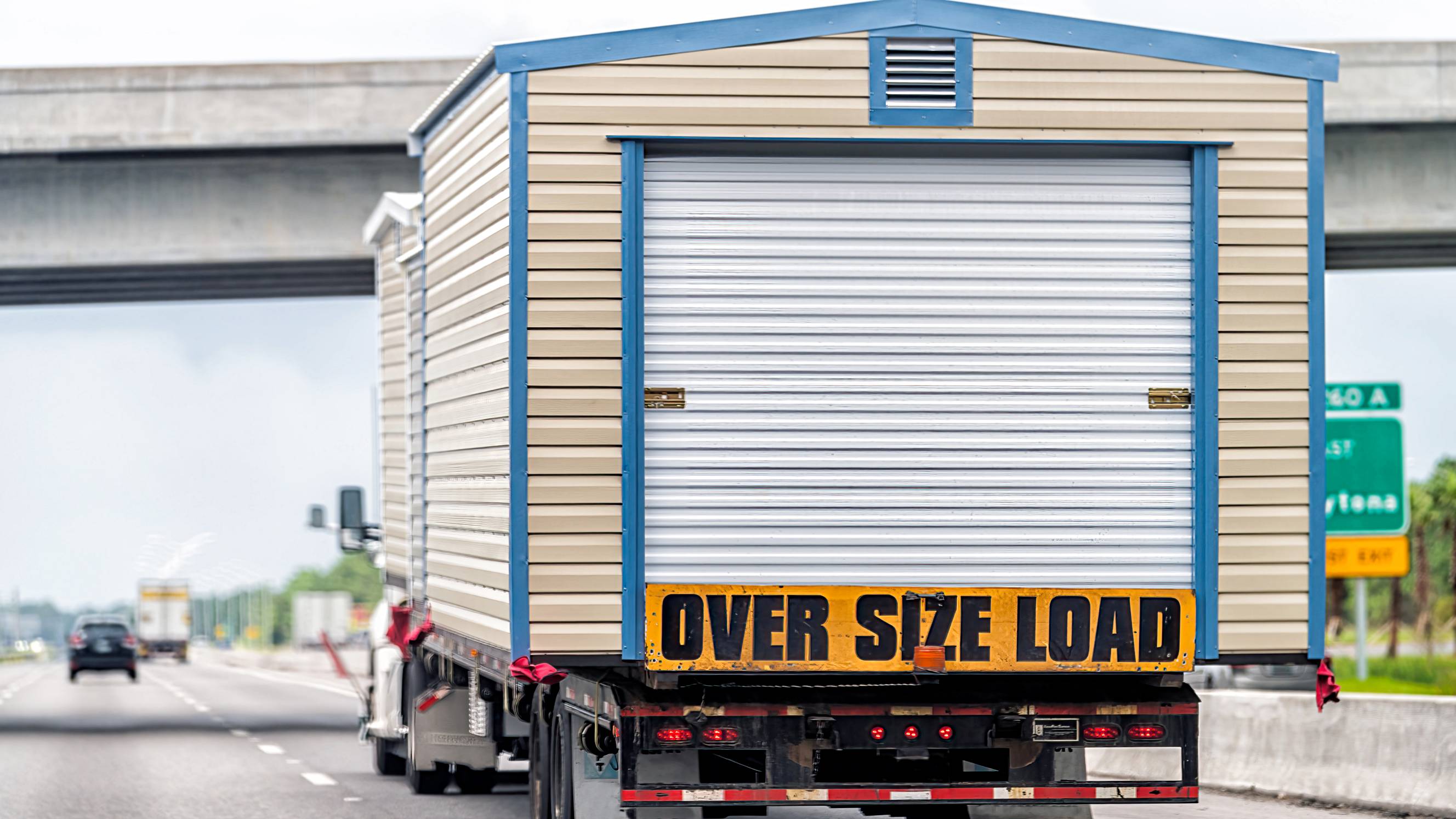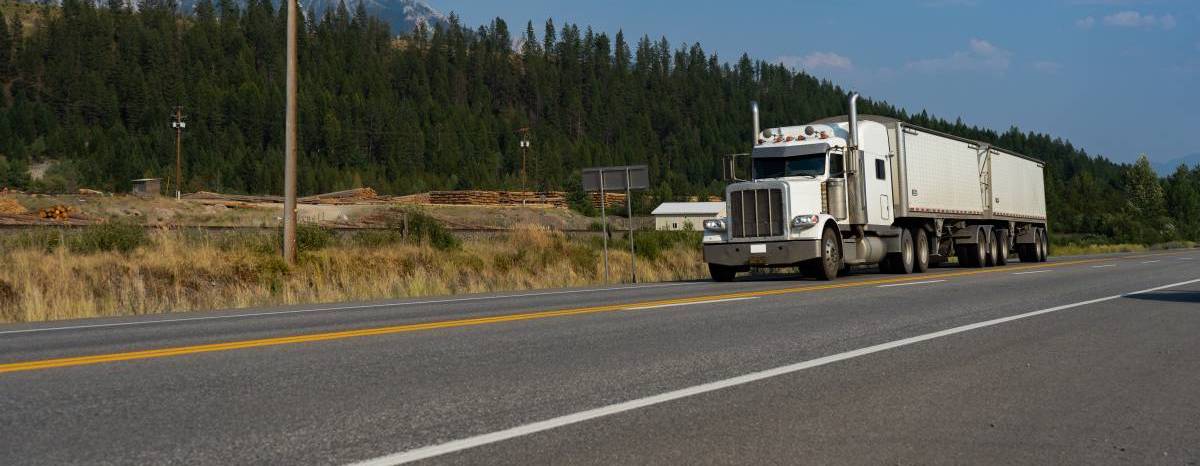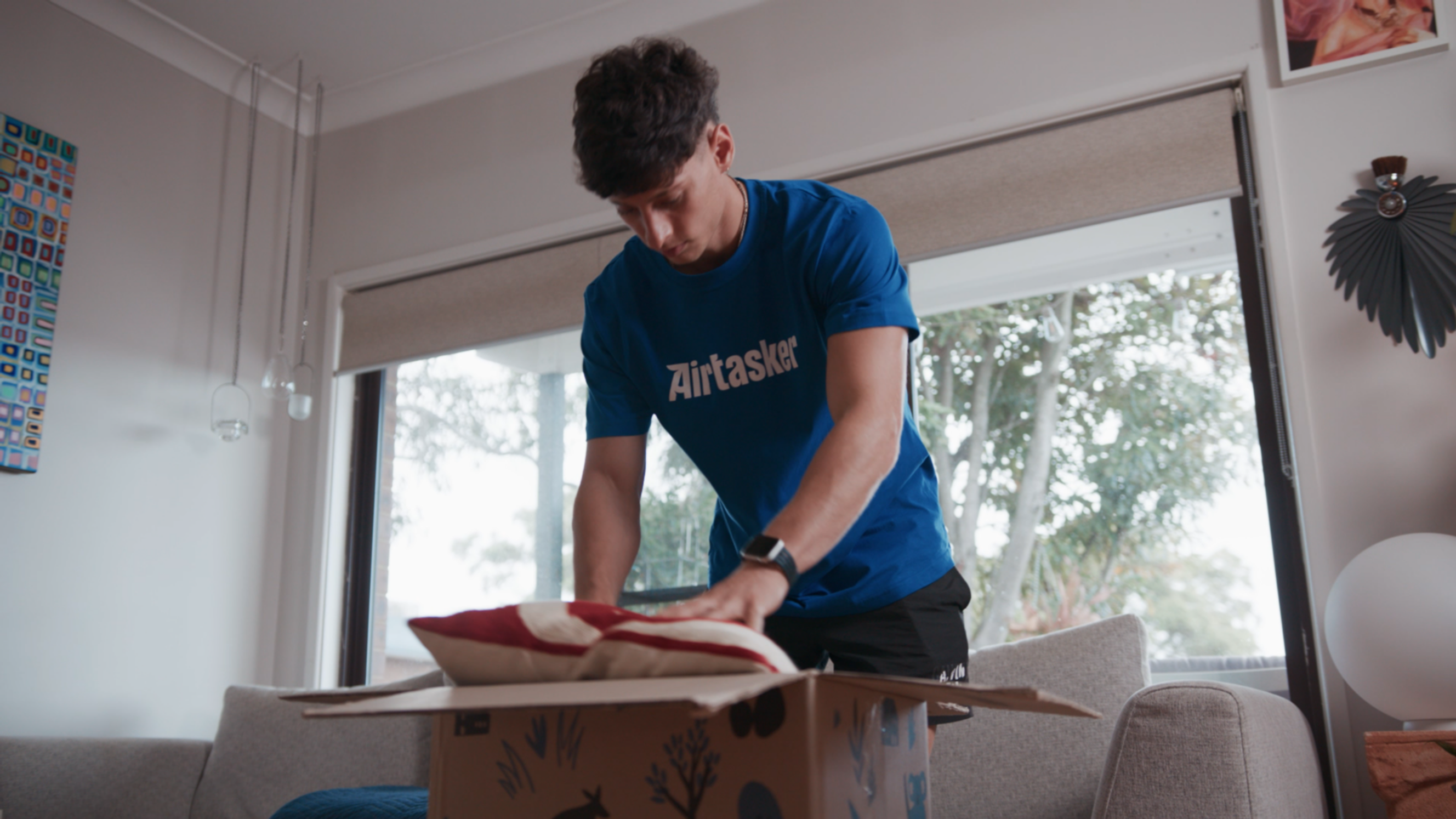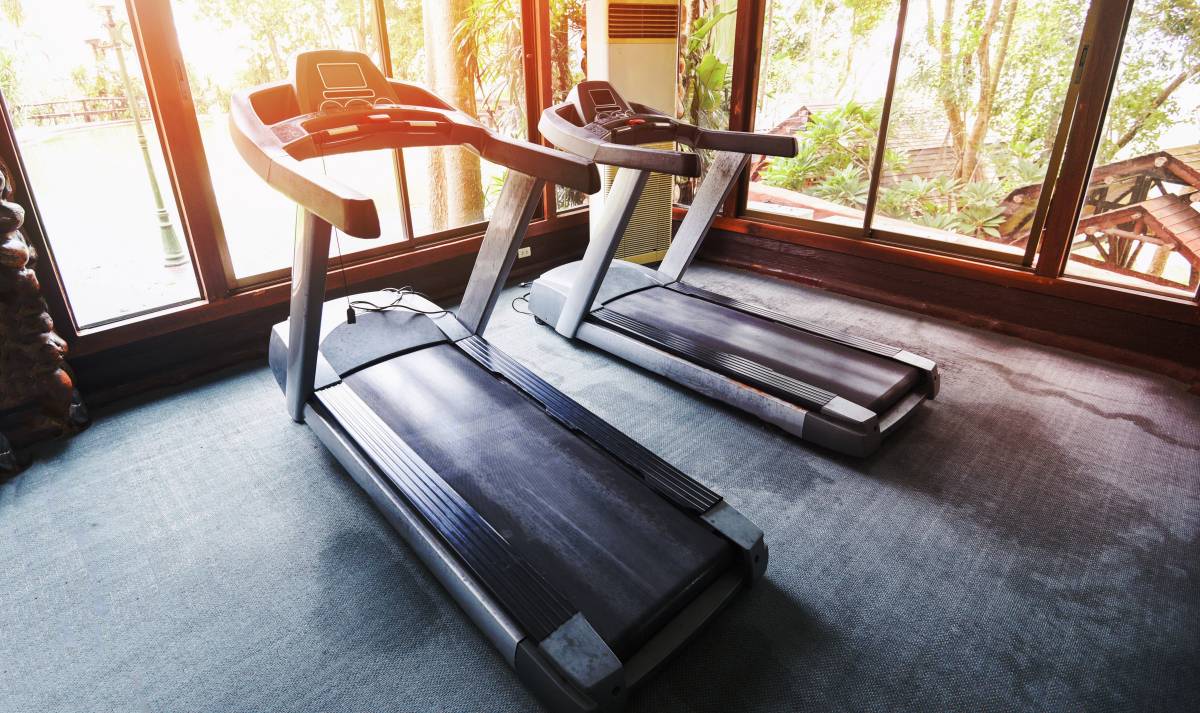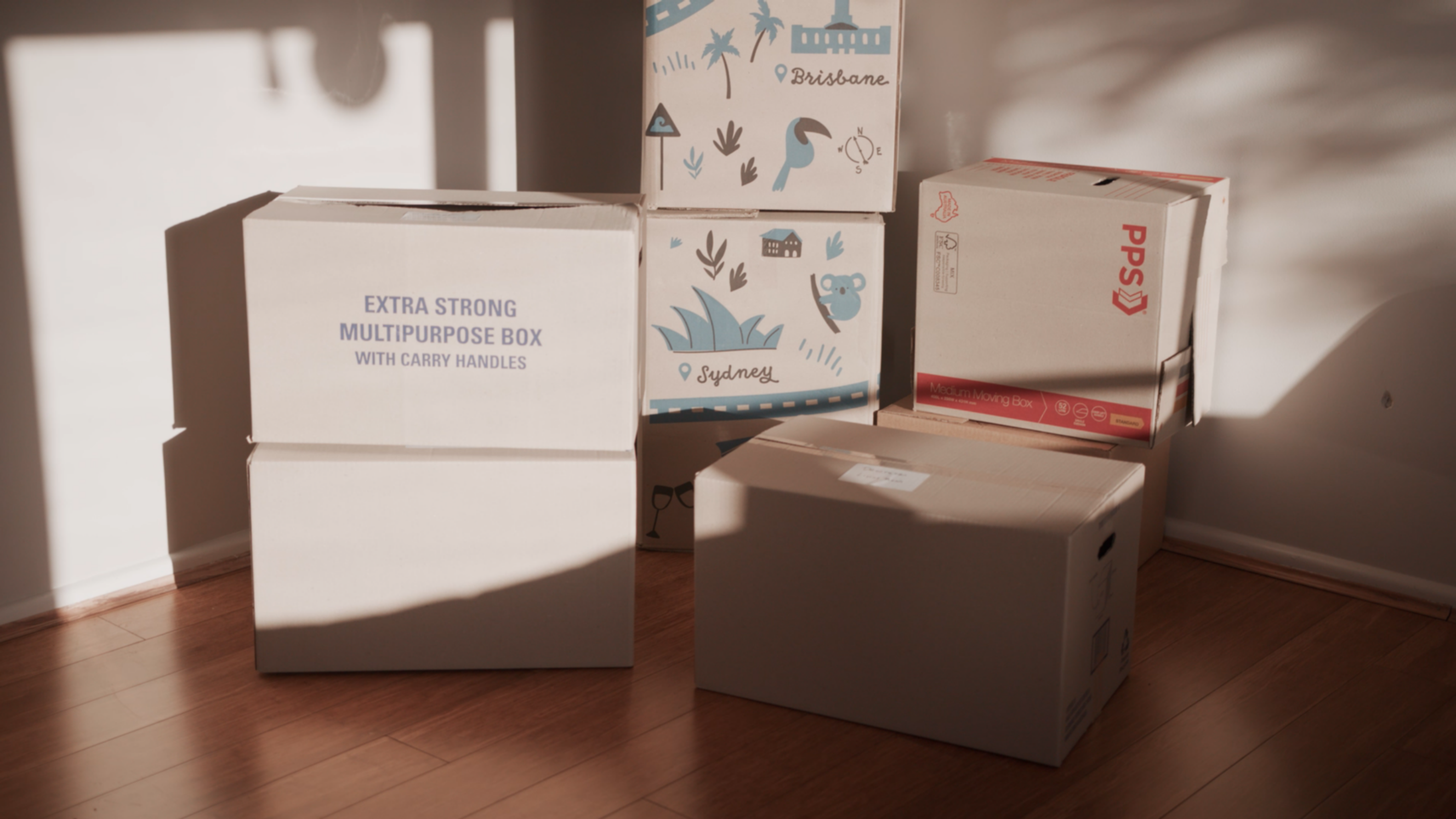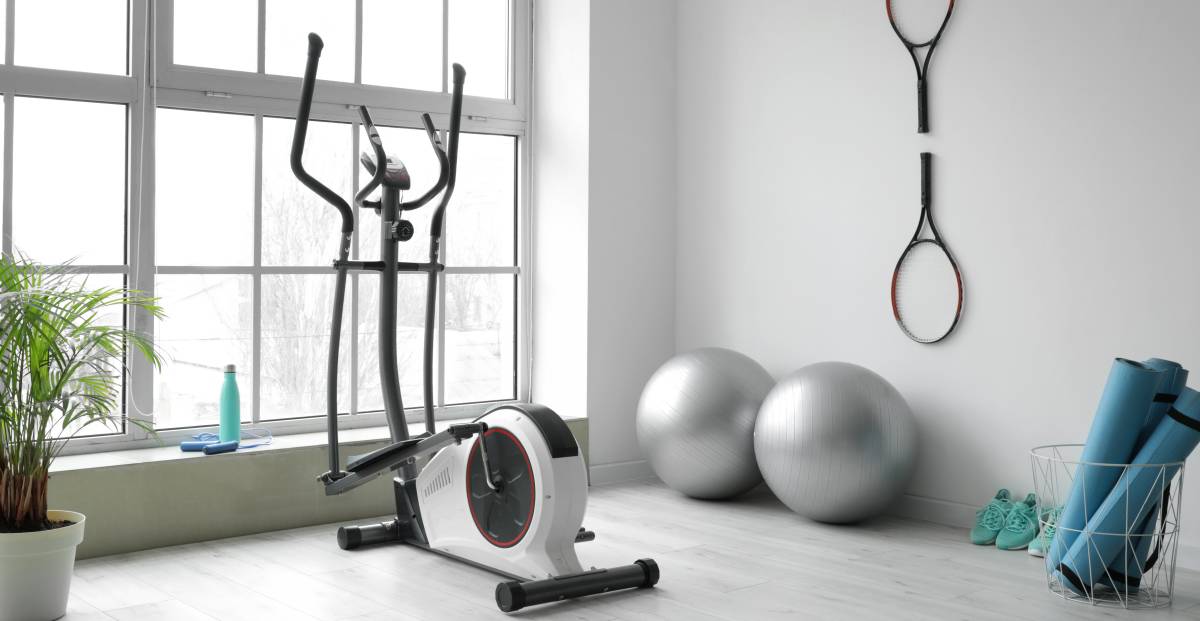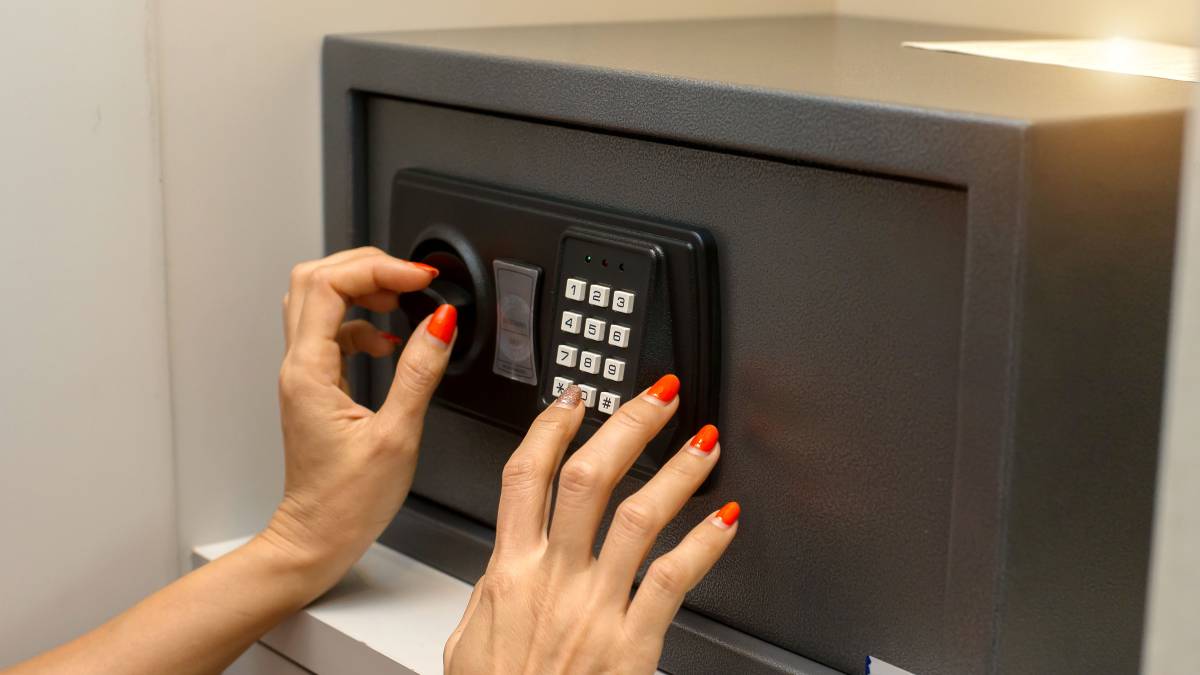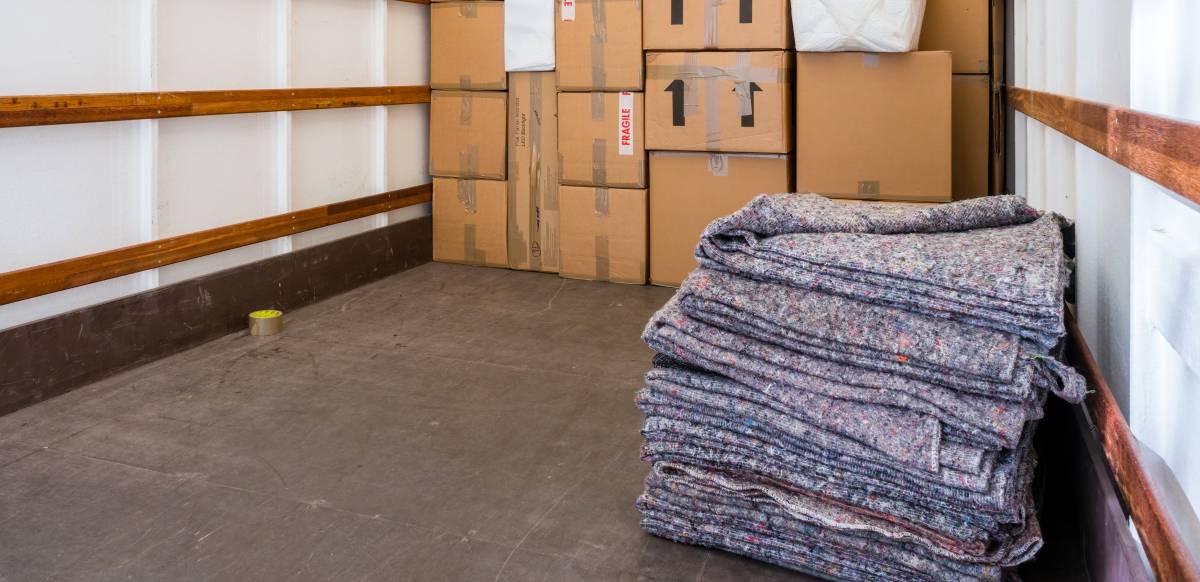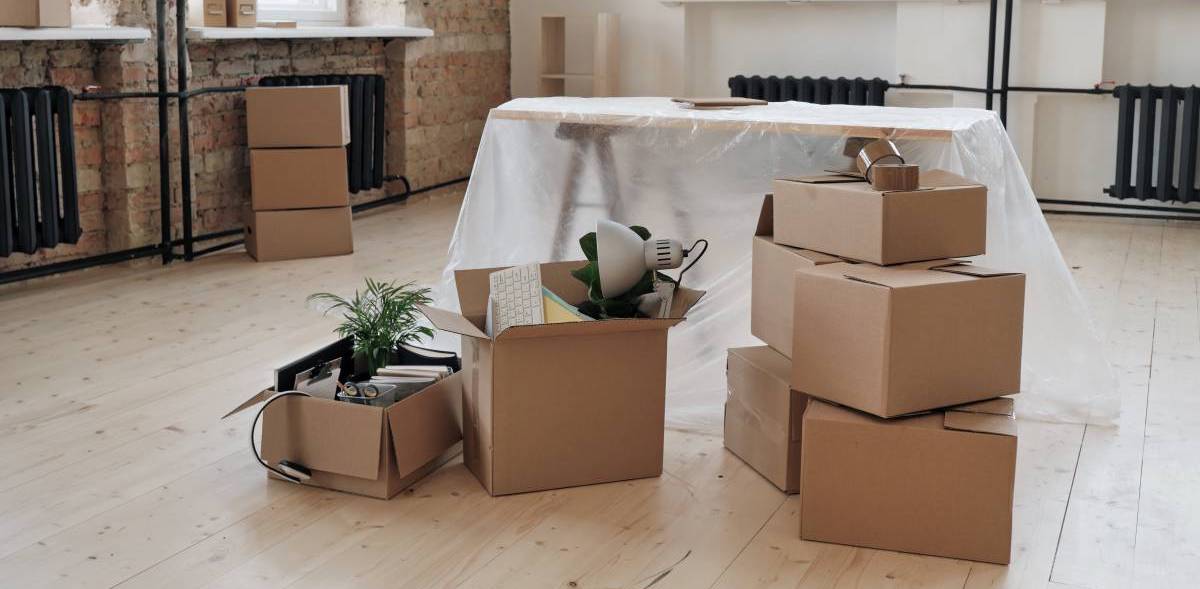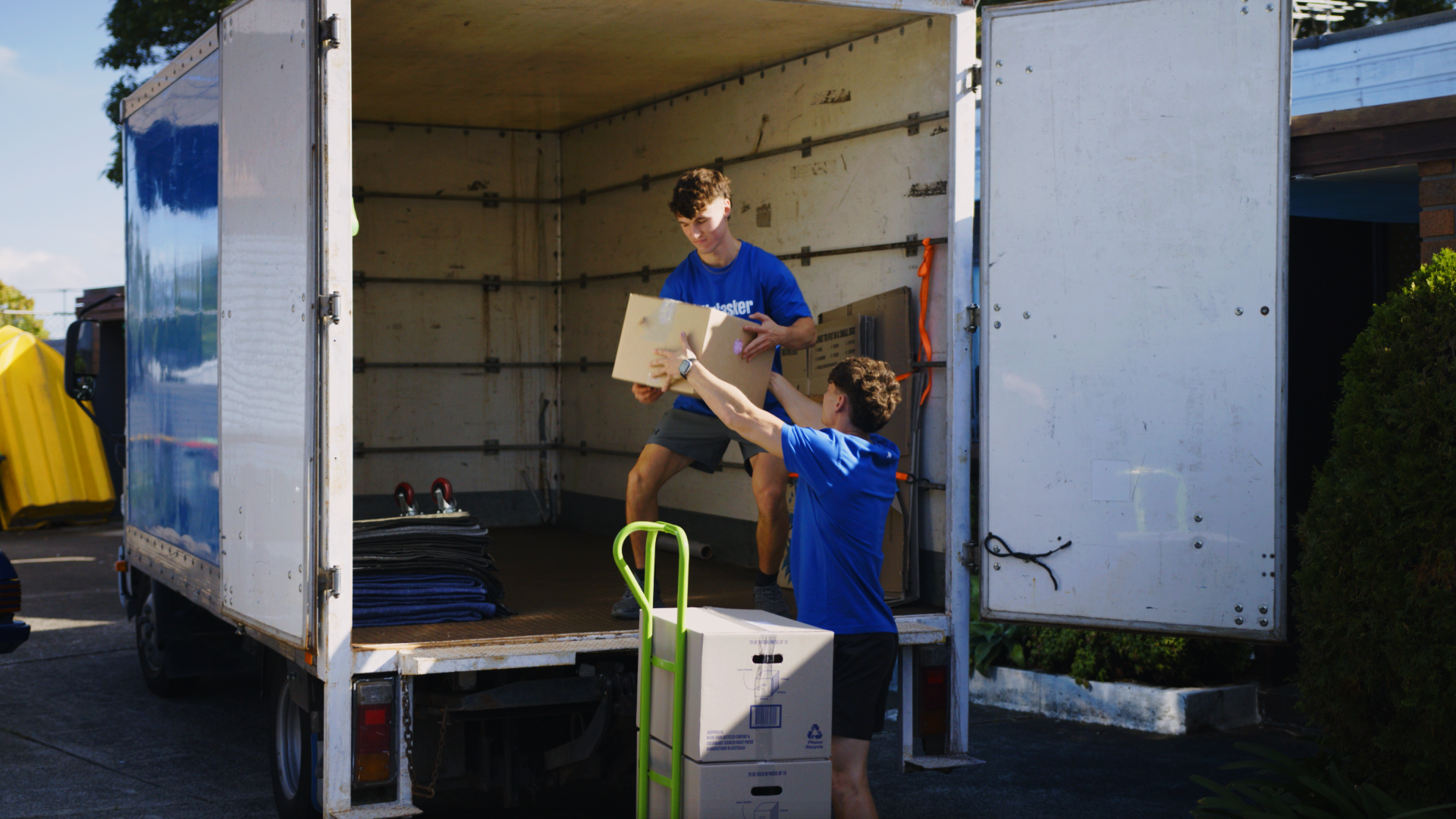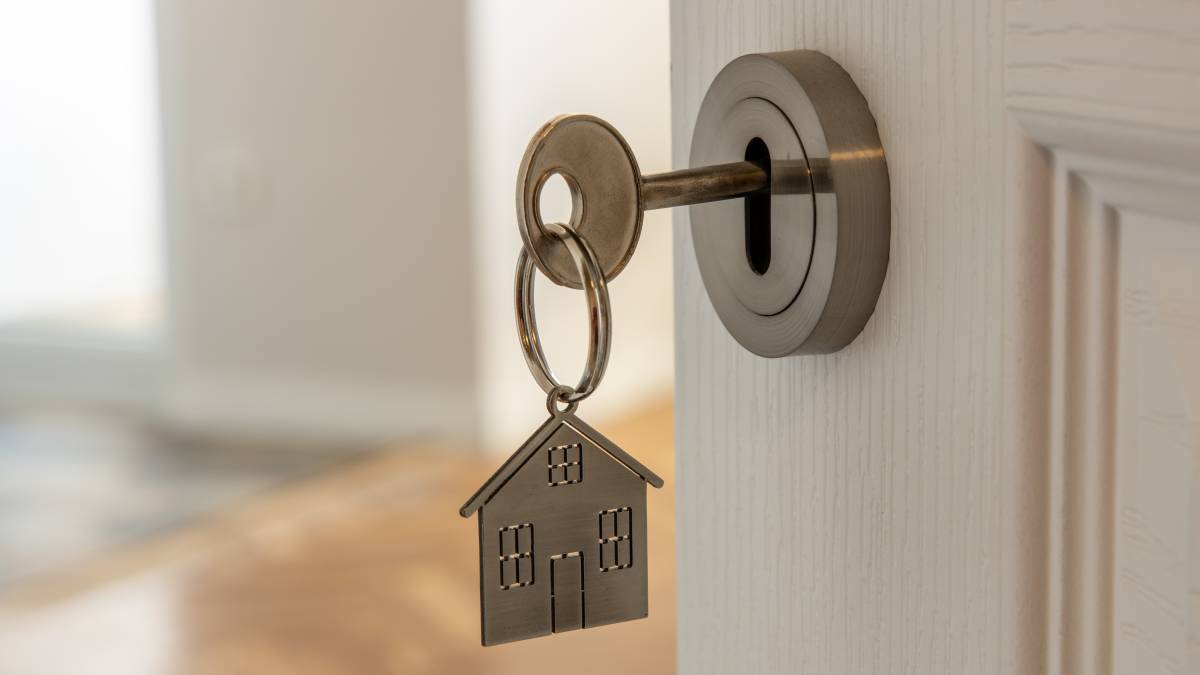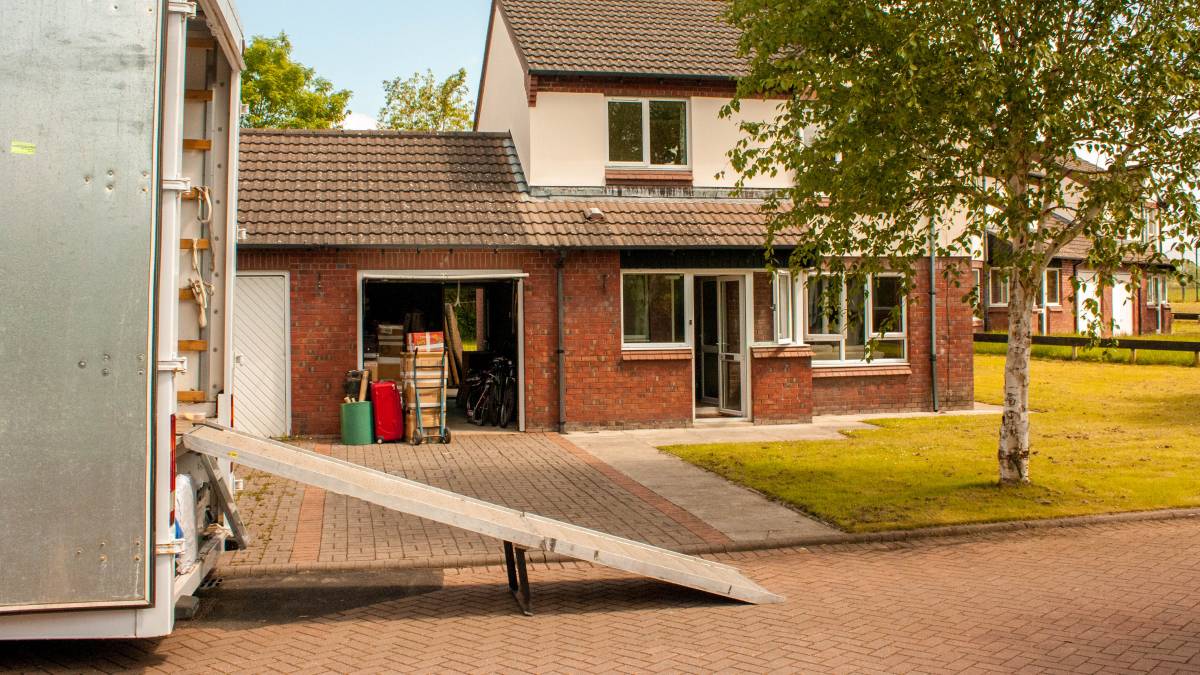
6 Downsizing challenges and how to overcome them
Because less space shouldn’t mean more stress
Published on

Written by Ella M.
Staff Writer
Read more about our contributor
Key Takeaways:
Preserve meaningful heirlooms, create keepsake boxes, and photograph sentimental items so their stories continue in your new house without overwhelming it.
Prevent financial surprises and family conflicts by budgeting carefully, discussing expectations openly, and prioritising housing needs early.
Hire professional removalists to manage heavy lifting, transport, and logistics. This will allow you to conserve energy and reduce stress when downsizing.
What happens when the promise of a simpler life turns into a battle over which memories make the cut?
Downsizing often begins with excitement—a chance to trade home maintenance for freedom and step into the lifestyle you’ve imagined. But as many soon discover, the process comes with its own downsizing challenges. The good news? You can recognise them early and prepare yourself emotionally and practically for what’s ahead.
In this guide, we’ll explore six common obstacles and share practical downsizing tips to help you make the transition less about loss and more about creating a home that reflects your next chapter.
1. The emotional toll of letting go
Saying goodbye to a long-time family home is one of the hardest downsizing challenges. After all, it’s not just a house but the backdrop to birthdays, family dinners, and even the well-worn dining table that’s seen decades of stories. For many, the decluttering process is already overwhelming because every item carries a memory.
Moving from a house to an apartment can feel like closing a chapter of life, making the thought of moving into a smaller space feel daunting rather than liberating. But while letting go is never easy, there are ways to make the process more meaningful.
First, focus on what truly matters. Bring along cherished heirlooms and create memory boxes that preserve the spirit of your family home in your new space. Photograph meaningful items you can’t keep so their stories aren’t lost.
2. The sheer volume of ‘stuff’
 Decluttering and organising unused clothing items. (Source: iStock)
Decluttering and organising unused clothing items. (Source: iStock)
It’s easy to underestimate just how much we’ve gathered over the years. According to research, 76.8% of households live in properties with more bedrooms than they need. That’s a lot of unused space filled with furniture, storage boxes, and ‘just in case’ items. No wonder working out how to get rid of stuff can feel difficult. Suddenly, there’s less space in your new home, but your current home is overflowing with stuff you rarely use.
The trick in downsizing for seniors is to start small and allow yourself to take it step by step. Tackle one drawer, one cupboard, or one room at a time, and sort belongings into simple categories: Keep, Donate, Sell, or Discard.
3. Family disagreements
Downsizing to a smaller home is rarely a journey made alone. Family members often bring different ideas to the discussion. A partner might dream of a smaller property with less maintenance, while adult children may struggle with the thought of selling the family home. Then come the decisions about which heirlooms should stay or go.
What should be a great opportunity for a fresh start can quickly feel overshadowed by conflict. With so many voices at the table, downsizing your home becomes more and more burdensome.
4. Financial uncertainty and hidden costs
 Reviewing contracts to avoid unexpected costs. (Source: iStock)
Reviewing contracts to avoid unexpected costs. (Source: iStock)
Many people downsize hoping to boost their savings or free up some extra cash. But the financial side of moving often comes with surprises. Beyond selling your current home, there are stamp duty fees, strata costs for apartments, and even the impact on government benefits like the Age Pension.
Then there are the extras: legal and conveyancing fees, removalist costs, and possible accessibility upgrades for a smaller place. Before you know it, your new home might come with more expenses than expected.
That’s why it helps to start with a clear financial plan. Start by mapping out every expected cost, from home maintenance savings to potential fees, so nothing catches you off guard. Review how selling might affect your bank accounts, cash flow, or assets test to protect your retirement savings.
5. Lack of suitable housing options
Sometimes the hardest part of a home move isn’t letting go, but finding the right new space. Many older Australians are searching for a smaller property but discover the options don’t quite fit. A small apartment may feel cramped, while villas or townhouses in the same area are rare and expensive.
Common complaints include limited storage, accessibility issues, or the desire to stay close to friends and family. With the country’s housing crisis tightening the market, the hunt for a smaller property that ticks every box can feel like searching for a dream home that doesn’t exist.
When that happens, it helps to shift your perspective. Instead of trying to replicate your current home, focus on the kind of lifestyle you want next. Think about the benefits a smaller house might offer: less maintenance, more money to spend on travel or hobbies, or easier access to your community.
6. Physical and mental exhaustion
 Senior couple carrying boxes during a home move. (Source: iStock)
Senior couple carrying boxes during a home move. (Source: iStock)
Even after the big decisions are made, the process itself can still take a toll. Downsizing is often described as a marathon, not a sprint. And between sorting furniture, packing up room after room, and making decisions about thousands of belongings, it’s easy to hit a wall.
Research finds that about 26% of households aged 55+ have downsized, while another third have considered it. This shows that many face the same exhausting physical and mental journey. Add the pressure of selling, moving, and adapting to less space in a new home, and it’s clear why the end-to-end downsizing process is one of life’s most stressful transitions.
Lighten the load before you move
Downsizing your home doesn’t have to feel like closing the book on your life. While downsizing challenges may stir up emotions or test your patience, they also open doors to fresh routines and the chance to shape a lifestyle that truly fits your present needs.
Of course, moving is rarely done solo, and you don’t need to walk the entire journey on your own. From the physical labour to the emotional weight, downsizing can feel much easier when you have the right support.
Hire an experienced removalist on Airtasker to make sure your belongings are handled with care and efficiency. Simply post a task, describe your needs, and compare quotes using the platform. With help at hand, you can have peace of mind as you transition into your new space!
Learn more about our contributors

Written by Ella M.
Staff Writer
Ella M. is a content writer and editor with years of experience helping readers find simple ways to make everyday life easier. She writes about moving, home organisation, and lifestyle improvement, with a focus on clarity, practicality, and a relatable approach. Outside of writing, Ella enjoys exploring new recipes, catching up on lifestyle trends, and unwinding with a good puzzle game.
FAQs on downsizing
A study finds that households aged 55 to 74 are the most likely to have already downsized or be considering downsizing their homes. But there’s no fixed age. It can be about life stages, such as when children move out, retirement draws near, or maintenance becomes too much to handle.
Yes. Downsizing to a smaller home later in life may mean giving up space and familiar surroundings. For downsizing for retirement, there are costs like conveyancing fees, stamp duty, removalist fees, and possible impacts on your Age Pension or government benefits. The emotional cost of leaving the family home is also real, especially when less space brings trade-offs in comfort or social habits.
The best approach is to break the process into small, manageable steps. Use a checklist: start with non-sentimental rooms or items, decide what to keep, what to donate, and what to sell, and give yourself time and rest breaks because downsizing for seniors is a huge milestone. If you can’t bear the full burden alone, seek support from friends or professional declutterers.
It depends on what matters most to you. For some, proximity to family and long-time friends outweighs everything else. Others prioritise access to healthcare, walkable town centres, or a climate that makes outdoor living more enjoyable.
Coastal towns often appeal for their relaxed pace and natural beauty, while regional hubs attract those seeking affordability and community spirit. The best choice is the one that aligns with your lifestyle, support network, and future needs.
Find removalists, fast
Find a removalist
Related price guides

How much does it cost to move house?
Read more

How much do packers cost?
Read more
Related articles
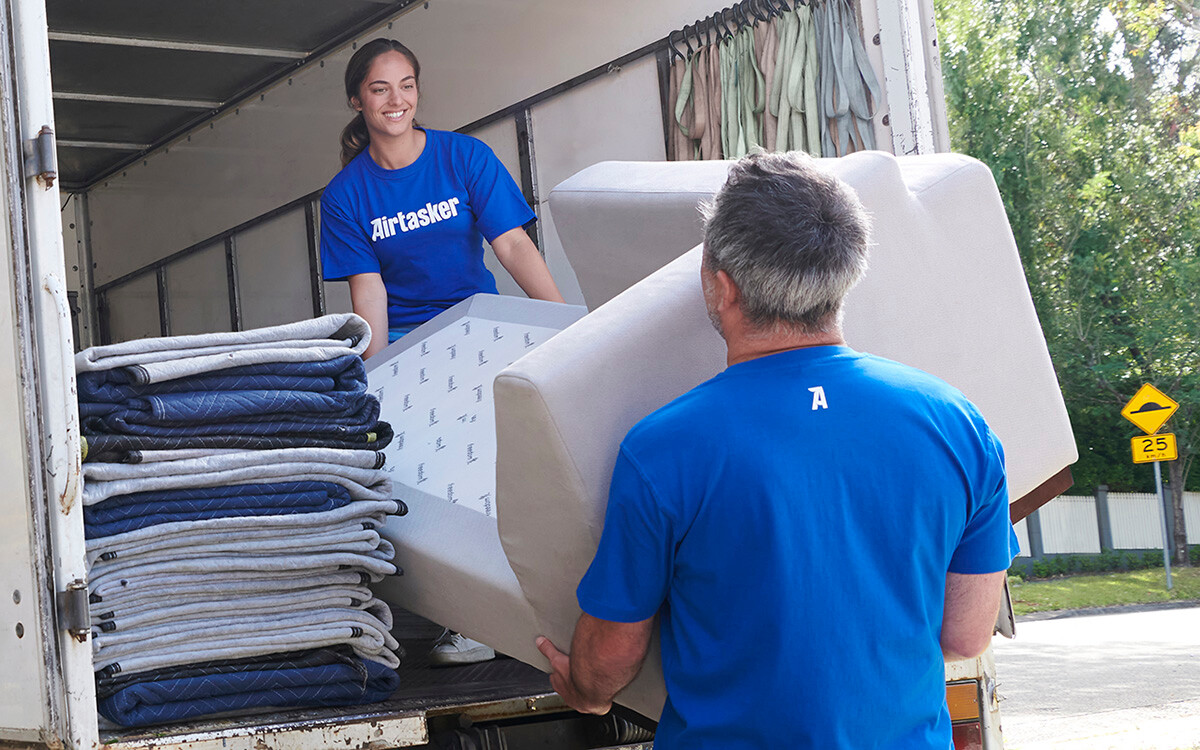
Moving Checklist
Read more

A guide to becoming a removalist
Read more
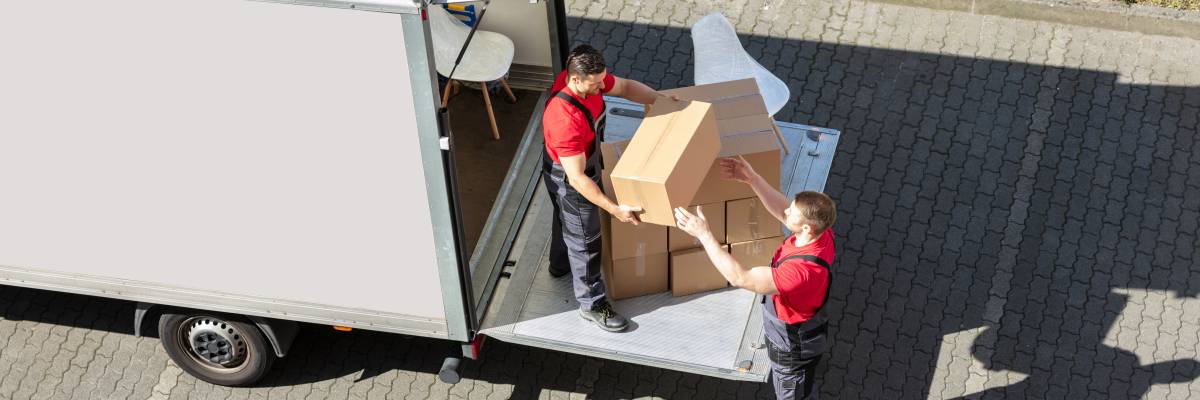
How much do removalists make?
Read more

Tips for moving house with kids
Read more

How to move gym equipment safely
Read more

How to pack books for moving
Read more

How to pack artwork for moving
Read more

How to pack kitchen items
Read more
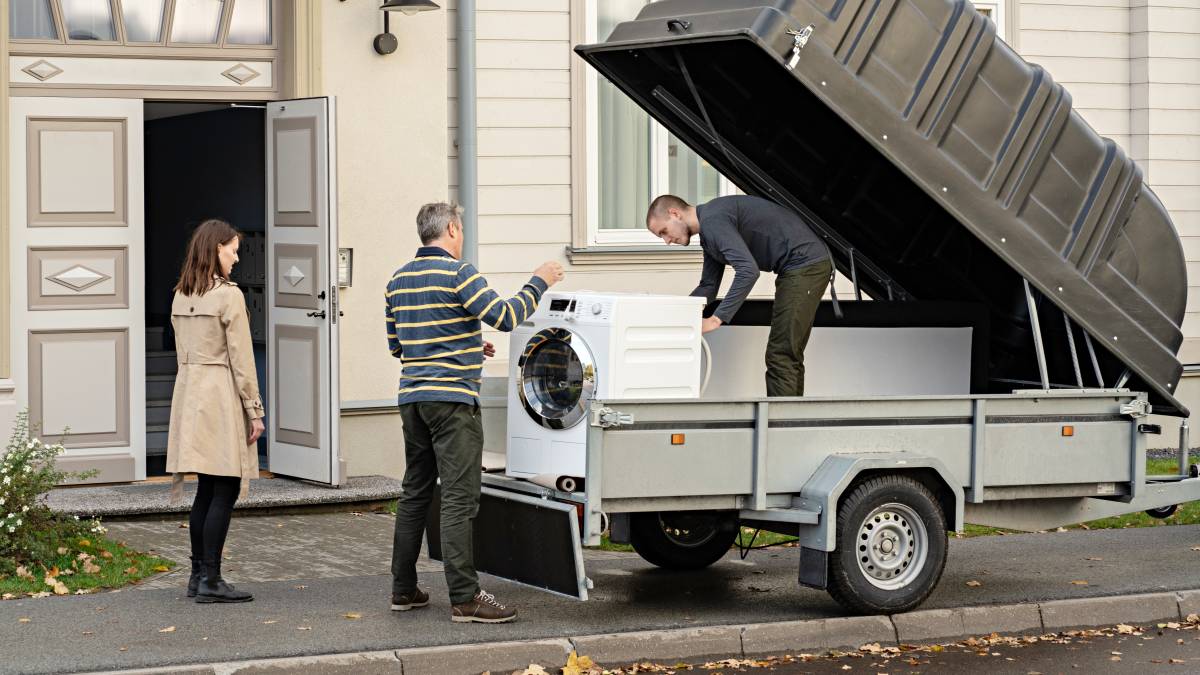
How to move a washing machine
Read more
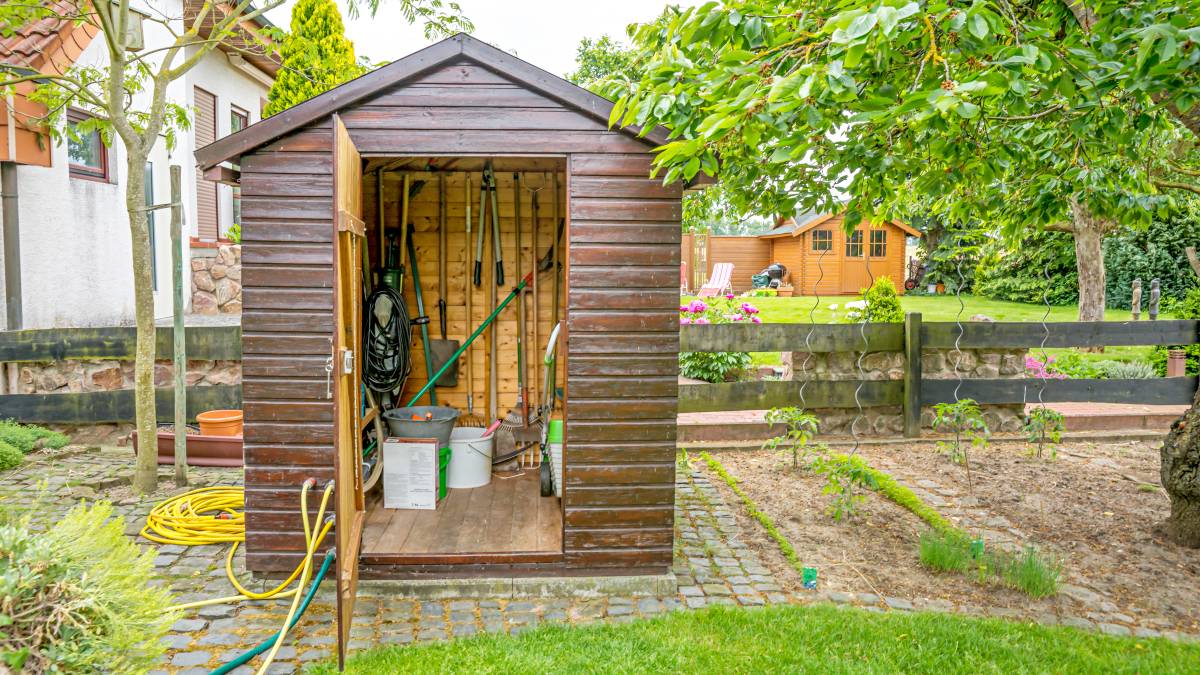
How to move a shed
Read more

How to move a pool table
Read more
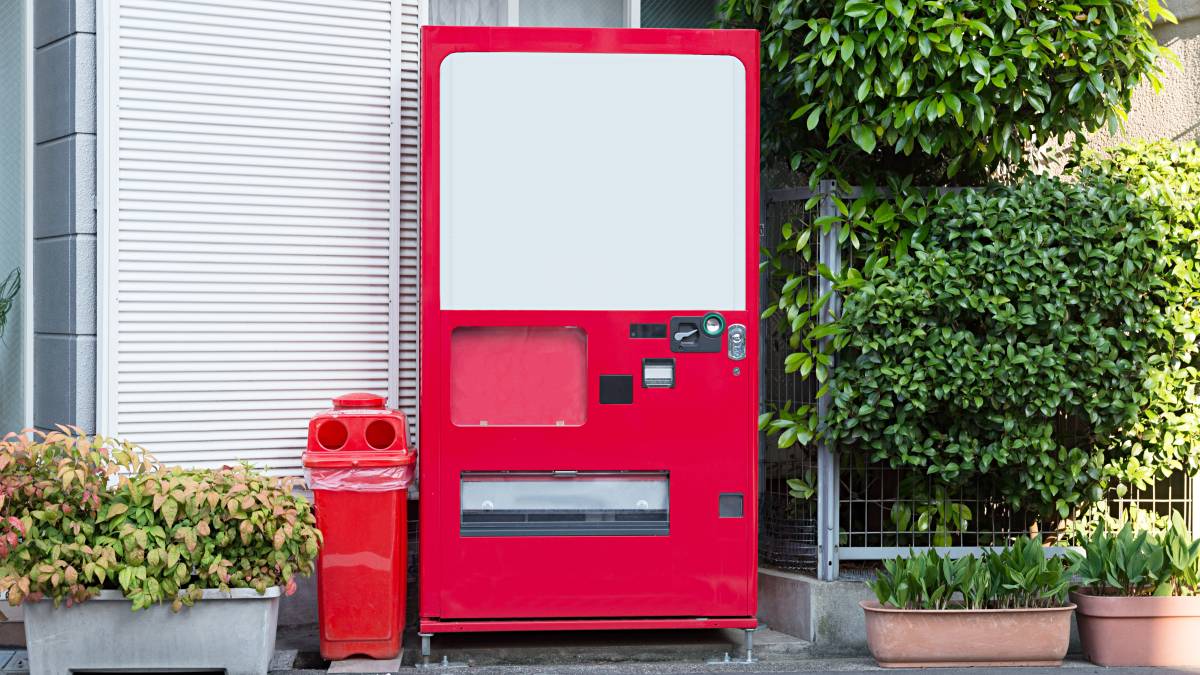
How to move a vending machine
Read more
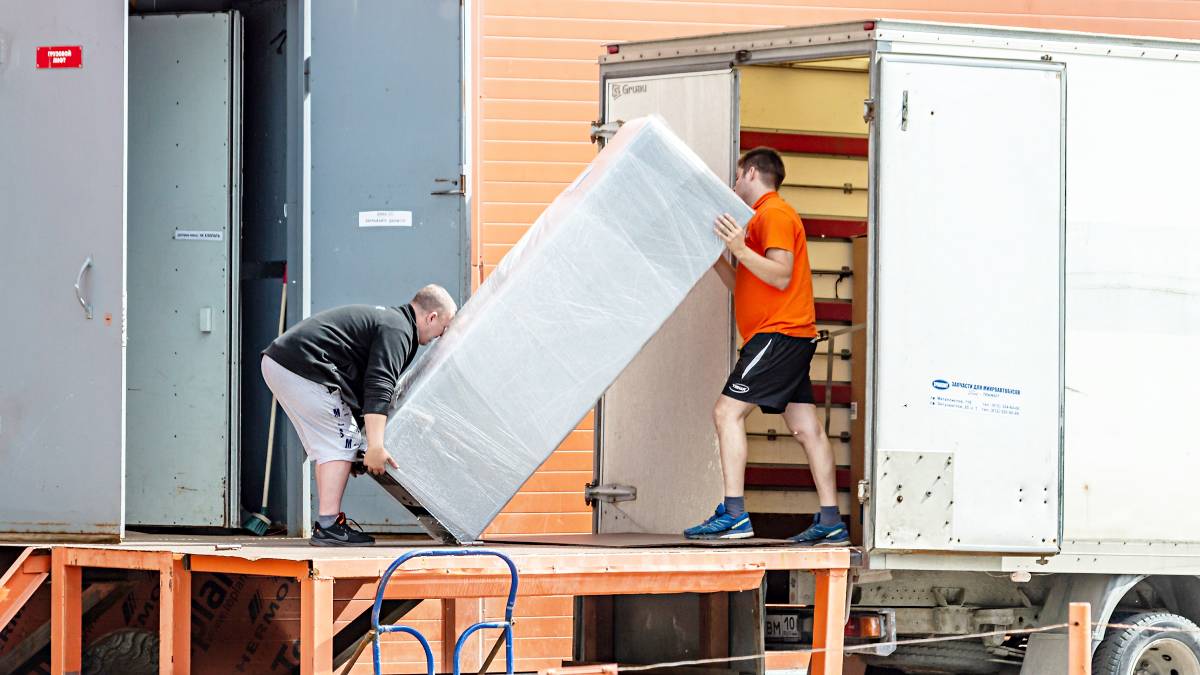
Moving a fridge: How to do it right
Read more

How to pack bedding for moving
Read more

How to move a pinball machine
Read more

How to wrap furniture for moving
Read more

What removalists won’t move
Read more

Moving interstate checklist
Read more

